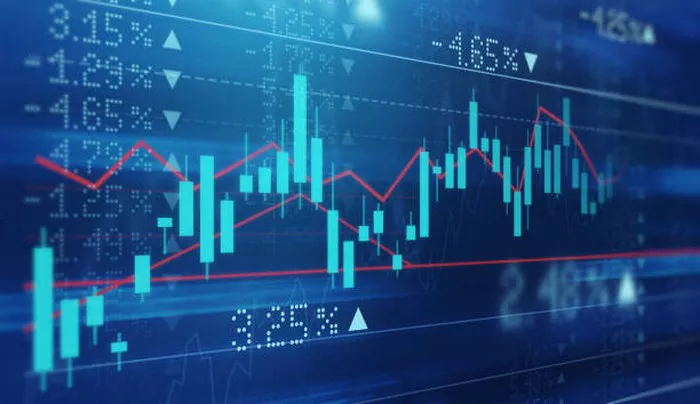Futures contracts are agreements between two parties to buy or sell a particular asset at a predetermined price and date in the future. These contracts are traded on futures exchanges, which provide a platform for buyers and sellers to trade futures contracts. In this article, we will discuss where you can trade futures contracts, including the types of futures exchanges available and the different platforms you can use to trade futures.
Types of Futures Exchanges
There are two types of futures exchanges: organized exchanges and over-the-counter (OTC) markets.
-
Organized Exchanges
Organized exchanges are regulated markets that provide a centralized platform for trading futures contracts. These exchanges typically have a standardized contract size, expiration date, and settlement process. Organized exchanges provide liquidity and transparency, as all trades are conducted on a regulated platform.
There are several organized futures exchanges around the world, including:
- Chicago Mercantile Exchange (CME): The CME is the world’s largest futures exchange and offers a wide range of futures contracts, including agricultural products, energy, metals, and financial products.
- Intercontinental Exchange (ICE): The ICE operates a global network of exchanges, including the New York Stock Exchange (NYSE) and several futures exchanges. The ICE’s futures exchanges offer contracts in commodities, energy, and financial products.
- Eurex: Eurex is a European futures exchange that offers contracts in equity, interest rates, and equity index products.
- Tokyo Commodity Exchange (TOCOM): TOCOM is a futures exchange based in Japan that offers contracts in metals, energy, and agricultural products.
-
Over-the-Counter Markets
Over-the-counter markets are decentralized markets where buyers and sellers can trade futures contracts without using a centralized exchange. These markets are typically less regulated than organized exchanges, and contracts are often customized to meet the needs of the buyer and seller.
Over-the-counter markets are usually used by institutions or high net worth individuals to trade large or complex futures contracts that may not be available on organized exchanges.
Platforms for Trading Futures Contracts
There are several platforms available for trading futures contracts, including:
-
Futures Exchanges
As discussed earlier, organized futures exchanges provide a centralized platform for trading futures contracts. These exchanges typically offer electronic trading platforms that allow traders to buy and sell futures contracts from their computers or mobile devices.
-
Futures Brokers
Futures brokers are intermediaries between traders and futures exchanges. These brokers provide access to futures exchanges and offer trading platforms, research, and other services to traders. Futures brokers typically charge commissions or fees for their services.
-
Online Futures Trading Platforms
There are several online futures trading platforms that allow traders to buy and sell futures contracts without using a broker. These platforms typically charge lower fees than traditional brokers but may not offer the same level of research or customer support.
Choosing a Futures Trading Platform
When choosing a futures trading platform, it’s essential to consider the following factors:
- Fees and Commissions: Different platforms may charge different fees and commissions for trading futures contracts. It’s essential to consider these costs when choosing a platform.
- Trading Tools and Research: Some platforms offer more advanced trading tools and research than others. Consider the tools and research available on each platform before making a decision.
- Customer Support: Look for platforms that offer excellent customer support, including phone, email, and chat support.
- Security: Ensure that the platform you choose has robust security measures in place to protect your account and personal information.
- Regulatory Compliance: If you’re trading on an organized futures exchange, ensure that the platform you choose is regulated by the relevant regulatory body in your jurisdiction.
Conclusion
In conclusion, futures contracts can be traded on organized exchanges or over-the-counter markets. Organized exchanges provide a centralized platform for trading futures contracts and offer transparency and liquidity. Over the-counter markets are typically used for customized or complex contracts. Traders can trade futures contracts through futures brokers, online trading platforms, or directly on organized exchanges. When choosing a futures trading platform, it’s essential to consider fees, trading tools, customer support, security, and regulatory compliance. It’s recommended to consult with a financial advisor or do thorough research before trading futures contracts, as they can be complex and involve significant risk.


